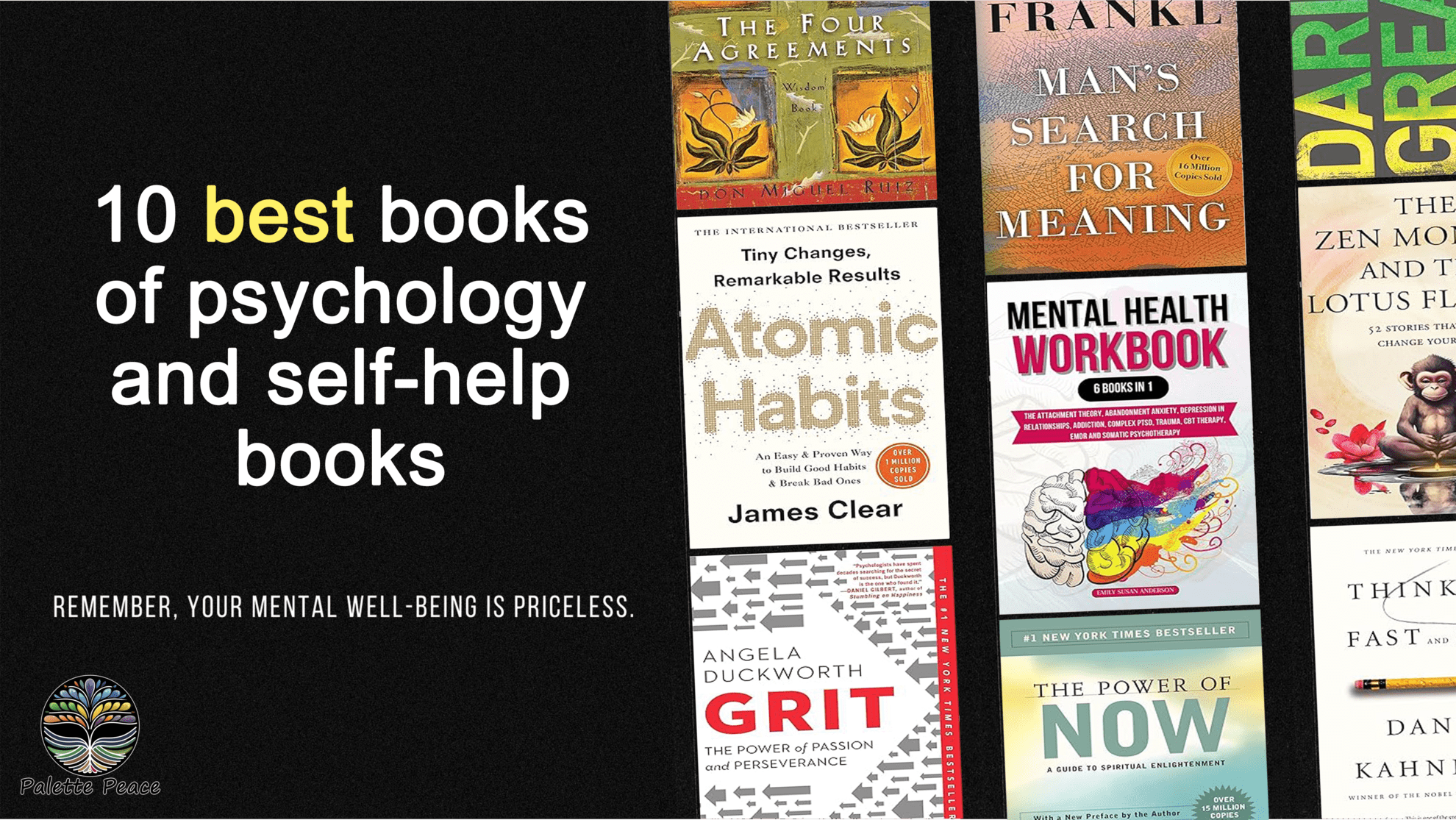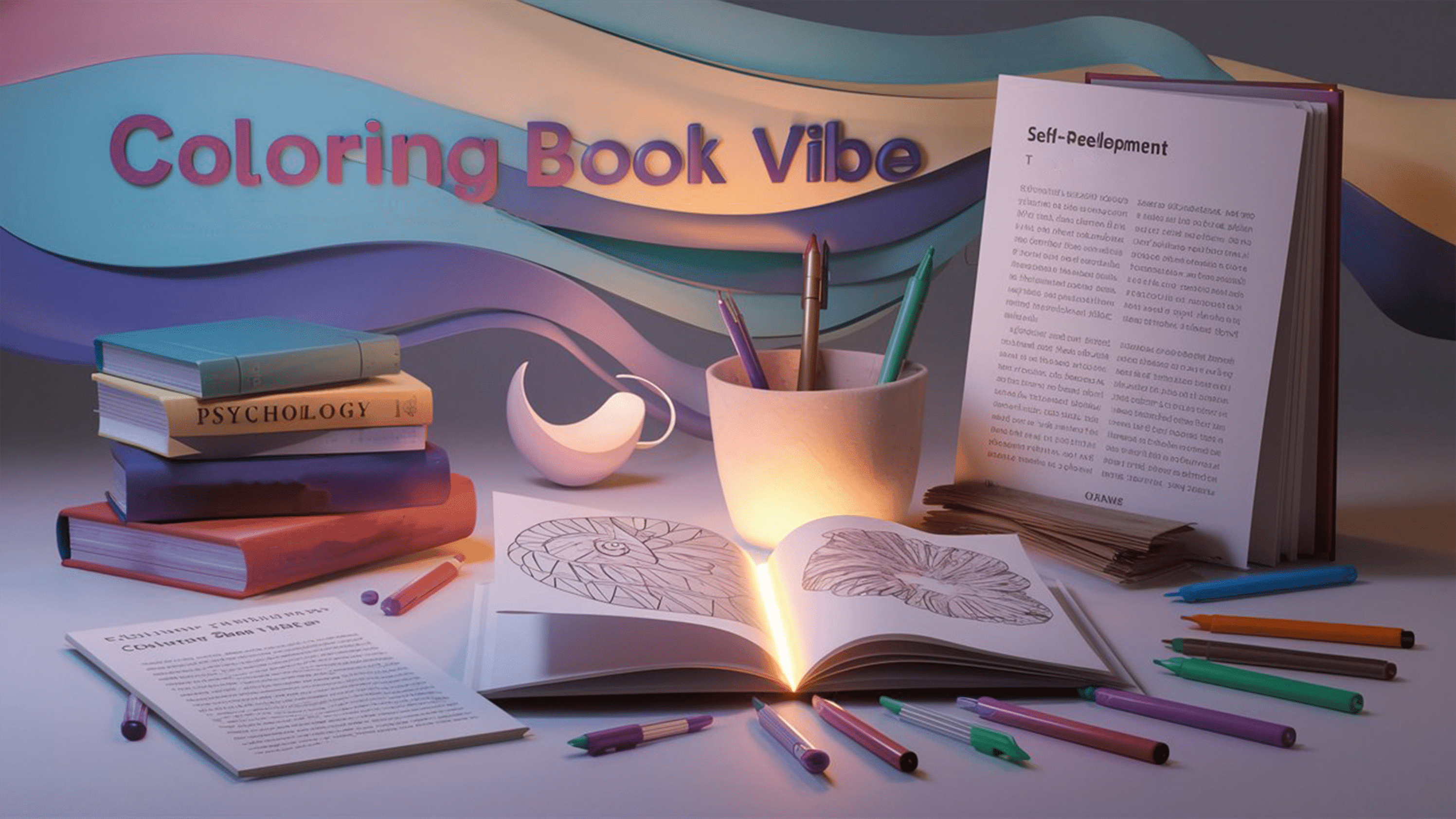Self-acceptance is a profound yet often overlooked concept in the pursuit of happiness and fulfillment. Many people spend their lives trying to meet external expectations, seeking validation from others, or striving for perfection, all the while neglecting the most critical relationship they will ever have—the one with themselves. When you accept yourself, everything else in life tends to fall into place. This article will explore how self-acceptance serves as the foundation for a peaceful, fulfilling life and how you can cultivate it in your daily routine.
The Importance of Self-Acceptance: Why It Matters
Self-acceptance is the ability to embrace every aspect of who you are—your strengths, weaknesses, successes, failures, and everything in between. It is the realization that you are enough, just as you are, without needing to change to fit into societal or external molds.
1. Self-Acceptance vs. Self-Improvement
There’s often a misconception that self-acceptance conflicts with self-improvement. Many people fear that accepting themselves as they are will prevent them from growing or achieving their goals. However, the truth is that genuine self-acceptance fuels growth.
- Self-Improvement with Acceptance: Accepting yourself doesn’t mean settling for mediocrity or giving up on becoming better. Instead, it means acknowledging where you are at this moment while still striving to grow in a healthy, balanced way. When you accept yourself, you’re more likely to pursue goals that align with your true values rather than seeking external validation.
2. The Link Between Self-Acceptance and Mental Health
A lack of self-acceptance is often the root cause of various mental health issues, including anxiety, depression, and low self-esteem. When you constantly judge or criticize yourself, you create an inner dialogue that erodes your mental well-being. In contrast, practicing self-acceptance leads to a more positive mindset, allowing for emotional resilience and psychological peace.
- Reducing Anxiety and Stress: By accepting yourself as you are, you reduce the pressure to be perfect or meet unrealistic standards, leading to less stress and anxiety. You become more at peace with your decisions and less preoccupied with how others perceive you.
The Journey to Self-Acceptance: Steps to Embrace Your True Self
Achieving self-acceptance doesn’t happen overnight. It is a continuous process that requires self-awareness, patience, and effort. Below are practical steps to help you cultivate self-acceptance and, in turn, create a more peaceful, fulfilling life.
1. Cultivate Self-Awareness
Self-awareness is the foundation of self-acceptance. To fully accept yourself, you first need to understand who you are. This includes recognizing your thoughts, emotions, behaviors, and patterns.
- Mindfulness Practices: Engage in mindfulness meditation or journaling to observe your thoughts without judgment. Pay attention to how you react to different situations, and identify any negative thought patterns or self-limiting beliefs that may be holding you back.
2. Challenge Negative Self-Talk
Many people struggle with self-acceptance because of a harsh inner critic. This voice often tells you that you’re not good enough, that you’ve failed, or that you don’t deserve happiness. Challenging this negative self-talk is a crucial step in developing self-acceptance.
- Reframe Negative Thoughts: When you catch yourself thinking negatively, pause and ask yourself if these thoughts are based on facts or unfounded fears. Replace negative thoughts with more balanced, compassionate statements. For example, instead of thinking, “I always mess up,” try thinking, “Everyone makes mistakes, and I can learn from this experience.”
3. Let Go of Comparisons
Comparing yourself to others is one of the most common barriers to self-acceptance. Whether it’s comparing your career, relationships, or appearance, these comparisons only serve to make you feel inadequate.
- Focus on Your Unique Journey: Remind yourself that everyone’s path is different. You are on your own unique journey, and comparing yourself to others does not serve your growth. Practice gratitude for the qualities and experiences that make you who you are.
4. Embrace Your Imperfections
No one is perfect, and striving for perfection only leads to frustration and disappointment. Embracing your imperfections means recognizing that flaws are a natural part of being human, and they don’t diminish your worth.
- Celebrate Your Authenticity: Rather than hiding or denying your imperfections, celebrate them as part of your authentic self. For example, if you’re a naturally introverted person, embrace the strengths that come with it—such as deep thinking or the ability to listen attentively—instead of trying to fit into an extroverted mold.
5. Forgive Yourself
Many people hold on to past mistakes or failures, which prevents them from fully accepting themselves. Self-acceptance requires self-forgiveness. By letting go of past regrets and acknowledging that you’ve done the best you could with the knowledge and resources available at the time, you free yourself from guilt and shame.
- Practice Self-Compassion: Treat yourself with the same compassion you would offer to a friend. When you make a mistake, remind yourself that it’s okay to be imperfect. Learn from your experiences and move forward without carrying the emotional baggage of self-blame.
6. Set Boundaries
Self-acceptance involves protecting your well-being, which sometimes means setting boundaries with others. Whether it’s saying no to things that don’t align with your values or distancing yourself from toxic relationships, setting boundaries helps you prioritize your needs and self-respect.
- Honor Your Limits: Recognize your personal limits and don’t be afraid to communicate them. For example, if overcommitting to social events drains you, set a boundary by limiting your obligations and making time for self-care.
7. Focus on Progress, Not Perfection
It’s easy to fall into the trap of perfectionism, where you feel like nothing you do is ever good enough. However, this mindset prevents you from accepting yourself and recognizing your progress.
- Celebrate Small Wins: Instead of waiting for monumental achievements to feel worthy, celebrate the small victories along the way. Progress is a sign of growth, even if it’s not perfect.
The Role of Self-Acceptance in Relationships
When you accept yourself, your relationships improve significantly. This is because self-acceptance leads to healthier boundaries, greater authenticity, and deeper emotional connections with others.
1. Authenticity Fosters Deeper Connections
When you’re comfortable with who you are, you’re more likely to show up authentically in your relationships. This means being honest about your feelings, needs, and desires without fearing judgment or rejection.
- Letting Go of People-Pleasing: Self-acceptance allows you to let go of the need to please others or gain their approval. This leads to more genuine interactions, where you’re able to be yourself without constantly worrying about what others think.
2. Reducing Relationship Anxiety
Self-acceptance reduces the anxiety that often comes with worrying about how others perceive you. When you accept yourself, you’re less likely to seek external validation and more likely to feel secure in your relationships.
- Emotional Independence: By cultivating self-acceptance, you develop emotional independence. This means that while you value your relationships, your sense of self-worth isn’t dependent on others’ opinions or approval.
The Benefits of Self-Acceptance for Personal Fulfillment
Self-acceptance is the foundation for a fulfilling life. When you accept yourself, you’re able to pursue your passions, goals, and dreams without the limitations of self-doubt or fear of failure.
1. Greater Confidence
Accepting yourself boosts your self-confidence because you no longer feel the need to prove your worth to others. Confidence comes from knowing that you are enough, just as you are, and that your value isn’t determined by external achievements.
- Pursue Your Passions: When you’re confident in who you are, you’re more likely to take risks and pursue the things that bring you joy, whether it’s a career change, creative endeavor, or personal growth goal.
2. Increased Emotional Resilience
Self-acceptance makes you emotionally resilient, meaning you can bounce back from setbacks and challenges more easily. Instead of being crushed by failure or criticism, you’re able to view these experiences as part of life’s learning process.
- Embrace Change and Uncertainty: Life is unpredictable, and self-acceptance helps you navigate uncertainty with grace. When you accept yourself, you’re more adaptable to change because your sense of worth isn’t tied to external circumstances.
How Self-Acceptance Leads to Inner Peace
Ultimately, self-acceptance is the key to inner peace. When you stop fighting against yourself, you free up mental and emotional energy that was previously spent on self-criticism or trying to meet impossible standards. This newfound peace allows you to live a more relaxed, joyful, and meaningful life.
1. Letting Go of Control
Many people struggle with control—whether it’s trying to control outcomes, relationships, or their own emotions. Self-acceptance involves letting go of the need to control everything and trusting that things will unfold as they’re meant to.
- Flow with Life: Accepting yourself helps you flow with life’s natural ups and downs. Instead of resisting change or fearing the unknown, you learn to trust that everything will fall into place as long as you stay true to yourself.
2. Aligning with Your True Self
When you accept yourself, you live in alignment with your true self. This means that your actions, decisions, and relationships are all guided by your core values and beliefs, rather than external pressures or expectations.
- Authenticity Brings Fulfillment: Living authentically leads to a deeper sense of fulfillment because you’re no longer trying to be someone you’re not. You’re able to fully embrace who you are and live a life that reflects your true self.
Conclusion: The Power of Self-Acceptance
Self-acceptance is a powerful, transformative process that has the potential to improve every aspect of your life—from your mental health and relationships to your overall sense of fulfillment. By embracing who you are, flaws and all, you unlock the freedom to pursue your passions, deepen your relationships, and experience true inner peace.
When you accept yourself, everything else in life falls into place. So start today—take small steps toward self-acceptance, challenge your negative self-talk, and embrace your unique journey. In doing so, you’ll discover a life filled with joy, confidence, and lasting fulfillment.

10 best books of psychology and self-help books
If you’re looking to dive into the world of psychology and self-help, these 10 books are essential reads for anyone interested in understanding the mind and improving their life. These books offer a combination of scientific insight and practical advice to help you better understand yourself and others, while also offering tools for personal growth and mental well-being.

The Therapeutic Power of Coloring: How Art Relieves Stress and Anxiety
Coloring has evolved from a childhood pastime into a therapeutic tool used by adults to combat stress and anxiety. The simplicity of this activity hides its profound benefits on mental health. From promoting mindfulness to stimulating creativity, coloring has emerged as an accessible and effective method for stress relief. In this article, we’ll explore how coloring provides a break from daily stressors, its effects on brain function, and how it can be incorporated into your routine as a method of coping with anxiety.
Let your imagination run free, Immerse yourself in a world of colors and beauty. Remember, your mental well-being is priceless.
Team coloringbookvibe.com

Coloring Book Vibe is a dedicated publisher of captivating coloring books, along with instructional books on drawing and coloring techniques. We are deeply passionate about the art of coloring, ensuring our designs are always intricate, beautiful, unique, and often infused with a touch of humor. We highly value our customers and always welcome feedback and suggestions. Our collection features an incredible array of coloring books across various genres, including Fantasy, Animals, Mandalas, Doodle Patterns, Floral, Landscapes, Country Scenes, and more.



